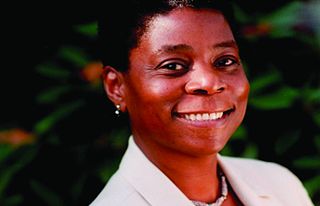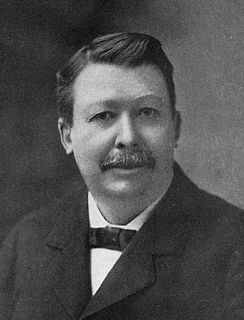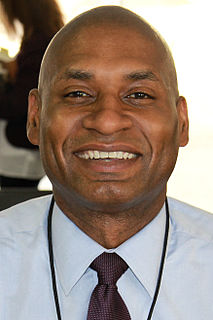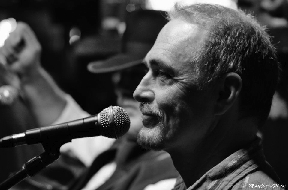A Quote by Jeffrey Eugenides
But maybe the Charm Bracelets understood more about life than I did. From an early age they knew what little value the world placed in books, and so didn't waste their time with them. Whereas I, even now, persist in believing that these black marks on white paper bear the greatest significance, that if I keep writing, I might be able to catch the rainbow of consciousness in a jar.
Related Quotes
I'm a better musician now, and I rarely practice because age has taught me the value of economy. And I think I'm a better writer now because I don't waste as much time, dilly-dallying and sassafrassin' and sloop and sloppin' and frying eggs. When you start writing, half the time you're just saying howdy to the page. My process now is a little more lean and muscular. I don't waste a lot of time. When I had kids, I learned how much time I had before, and how much time you actually need to do something. If you don't have time, you'll just do it and get it done.
I grew up in the midst of poverty but every black kid that I knew could read and write. We have to talk about the fact that we cannot educate for critical consciousness if we have a group of people who cannot access Fanon, Cabral, or Audre Lorde because they can’t read or write. How did Malcolm X radicalize his consciousness? He did it through books. If you deprive working-class and poor black people of access to reading and writing, you are making them that much farther removed from being a class that can engage in revolutionary resistance.
You can say anything with a Post-It. I’m not entirely sure why that is. Maybe the friendliness of the squares makes it easier. A square is nicely compact and less intimidating than a full page. And they come in cheerful colors. Non-white paper is kind of inherently festive. Or maybe paper that sticks feels more important than paper that can blow away. (Though you can move them, if you need to put them somewhere else.) They might not be as lasting as words carved in stone, but Post-It thoughts will stay. For awhile, at least.
From a very early age, perhaps the age of five or six, I knew that when I grew up I should be a writer. Between the ages of about seventeen and twenty-four I tried to abandon this idea, but I did so with the consciousness that I was outraging my true nature and that sooner or later I should have to settle down and write books.
Once upon a time a Georgian printed a couple of books that attracted notice, but immediately it turned out that he was little more than an amanuensis for the local blacks--that his works were really the products, not of white Georgia, but of black Georgia. Writing afterward as a white man, he swiftly subsided into the fifth rank.
if you don't keep and guard and mature your force, and above all, have time and quiet to perfect your work, you will be writing things not much better than you did five years ago. ... you must write to the human heart, the great consciousness that all humanity goes to make up. Otherwise what might be strength in a writer is only crudeness, and what might be insight is only observation; sentimemnt falls to sentimentality - you can write about life, but never write life itself.
I had an insanely long commute - New York to D.C. - when I worked at 'National Geographic.' I hate to waste time, so I spent my time by writing about my life on the premise that I might be able to pitch those as short essays to magazines. It wasn't until later that I realized that I was writing a book.
Nowhere was the airport's charm more concentrated than on the screens placed at intervals across the terminal which announced, in deliberately workmanlike fonts, the itineraries of aircraft about to take to the skies. These screens implied a feeling of infinite and immediate possibility: they suggested the ease with which we might impulsively approach a ticket desk and, within a few hours, embark for a country where the call to prayer rang out over shuttered whitewashed houses, where we understood nothing of the language and where no one knew our identities.
Last night I thought about all the kerosene I've used in the past ten years. And I thought about books. And for the first time I realized that a man was behind each one of the books. A man had to think them up. A man had to take a long time to put them down on paper. And I'd never even thought that thought before...It took some man a lifetime maybe to put some of his thoughts down, looking around at the world and life, and then I come along in two minutes and boom! it's all over.
Turn around, and the people you thought you knew might change. Your little boy might now live half a world away. Your beautiful daughter might be sneaking out at night. Your ex-husband might by dying by degrees. This is the reason that dancers learn, early on, how to spot while doing pirouettes: we all want to be able to find the place where we started.
The healing power of music is vast. Music therapy is in its infancy in Western psychology. If we knew more, we'd be able to do amazing things, and maybe even make permanent changes in the brain's mysterious workings. With a simple song and four chords, you might be able to do something useful, even life-changing. With all the songs you know, you might be a virtual, veritable medicine chest for the right person.
Men of the world who value the Way all turn to books. But books are nothing more than words. Words have value; what is of value in words is meaning. Meaning has something it is pursuing, but the thing that it is pursuing cannot be put into words and handed down. The world values words and hands down books but, though the world values them, I do not think them worth valuing. What the world takes to be values is not real value.






































